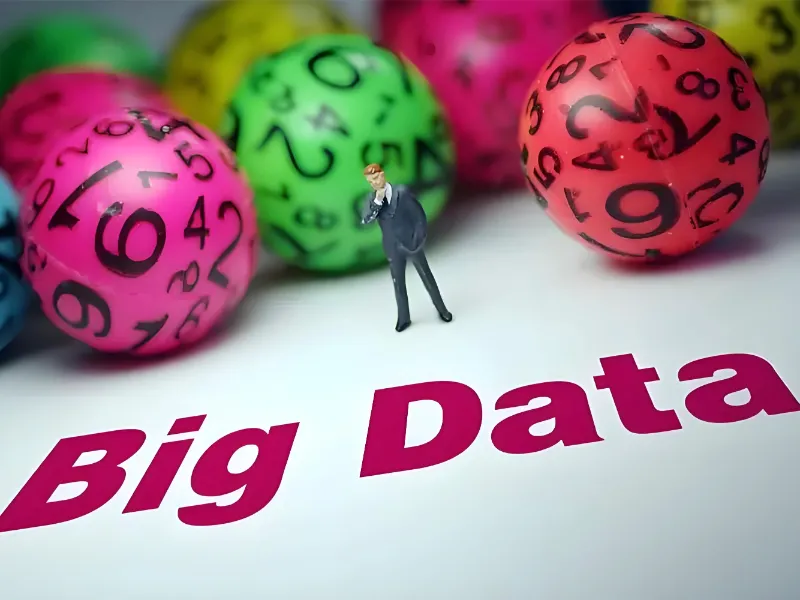- Data science focuses on data analysis and insight extraction, while big Data focuses on processing and managing large.
- The application of data science and big data provides enterprises with deeper insights and more efficient data-driven solutions.
The wide application of data science and big data in different fields provides enterprises and organisations with a powerful ability to leverage data to optimise business processes, improve decisions, and innovate products. With advances in data technology and the growing importance of data-driven decision-making, data science and big Data will continue to play a key role on a global scale.
Difference between data science and big data
Data science is the study of how to extract knowledge and insights from data, including the collection, analysis, modeling, and visualisation of data. Big Data emphasises techniques and methods for processing and managing large-scale data sets, including data collection, storage, processing, and analysis.
The focus of data science is to extract useful patterns and trends from data and apply statistics, machine learning and other techniques for in-depth analysis. The focus of big data is how to effectively process and manage large, high-speed and diverse data, using distributed systems and parallel computing and other technologies for efficient processing.
Also read: Cases of big data in daily life
Application cases of data science
1. Personalised Recommendation system: By analysing users’ historical behavior data, such as purchase history, click behavior, and browsing history, data scientists can build personalised recommendation systems to improve users’ purchase conversion rate and customer satisfaction.
2. Health Management and prevention: Analyse large-scale health data, such as patient electronic medical records, genomics data, etc., to help develop effective health management and prevention strategies.
3. Credit Scoring and risk Management: Use historical transaction data, credit reports and social network data to develop predictive models to assess borrowers’ credit risk and help banks and financial institutions make more accurate credit decisions.
4. Supply chain optimisation: Optimise supply chain management by analysing supply chain data and real-time market information to reduce inventory costs and transportation time.
Also read: The powerful synergy of big data and AI: Transforming our world
Application cases of big data
1. Social media analysis: By analysing users’ comments and comments on social media platforms, we can understand the public’s emotional tendency towards products, services or events, and help enterprises adjust marketing strategies and brand management.
2. Smart city management: Use city sensors and mobile device data to monitor traffic flow in real time, adjust traffic lights and route planning, and alleviate traffic congestion.
3. Energy consumption monitoring: Analyse energy use data and environmental sensor data, optimise energy distribution and management, and achieve energy consumption savings and environmental benefits.
4. Real-time inventory management: Predict commodity demand and inventory levels by analysing sales data and supply chain data to avoid overstocking or stock shortages.

